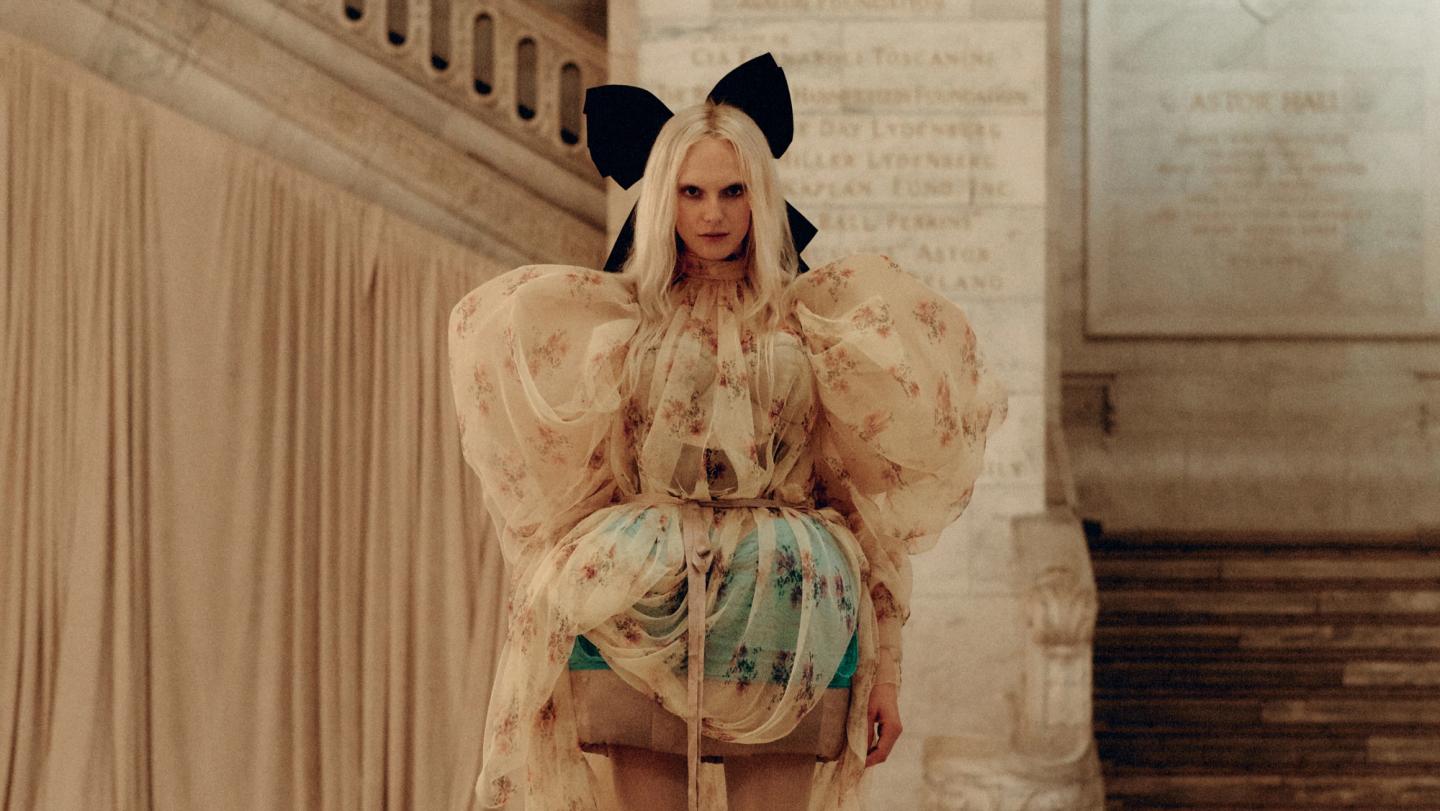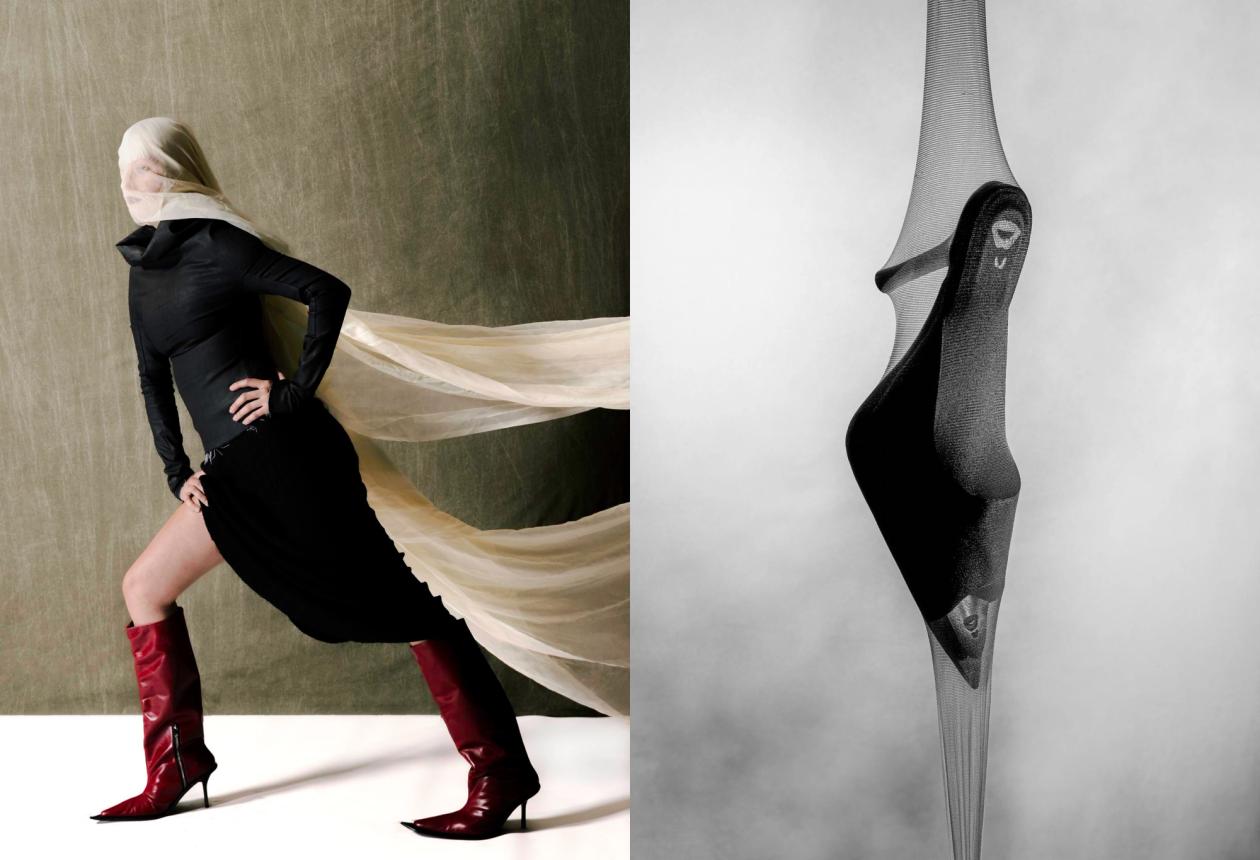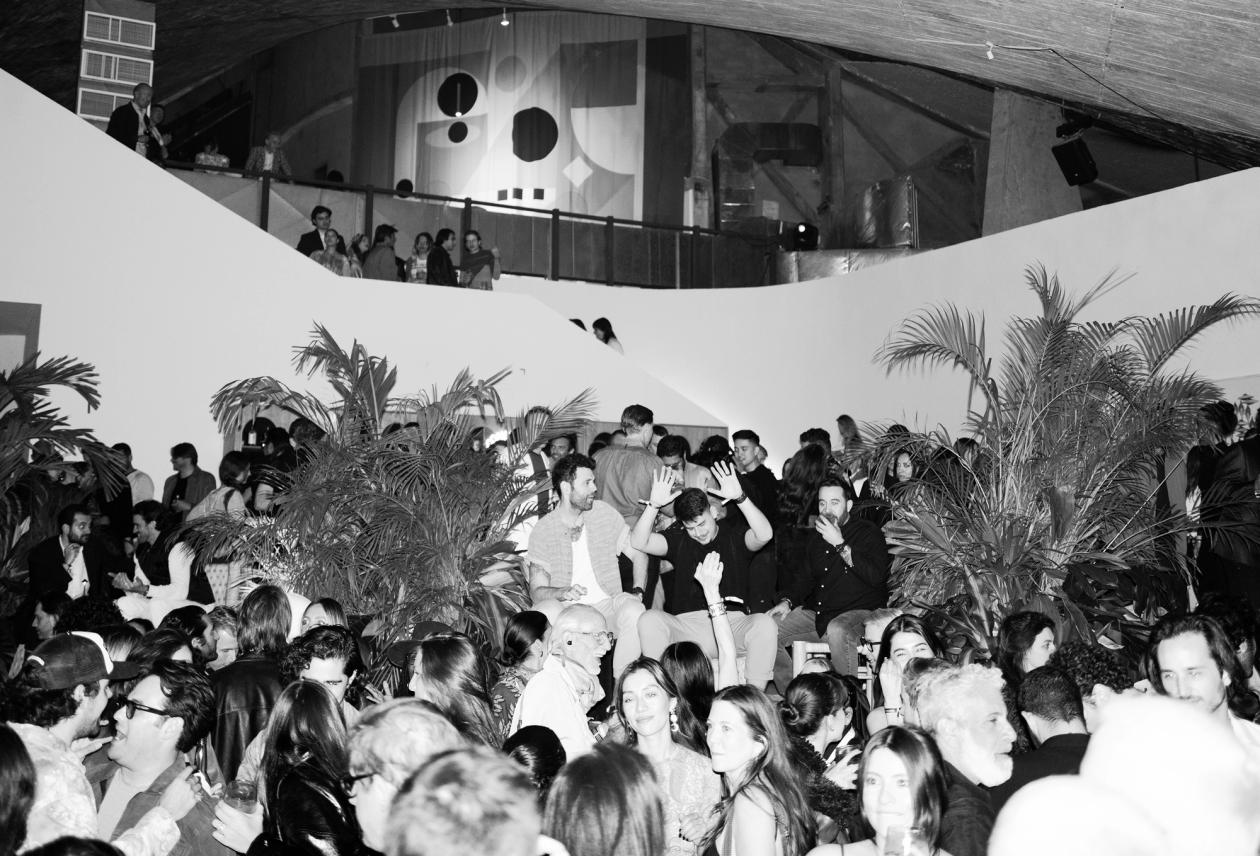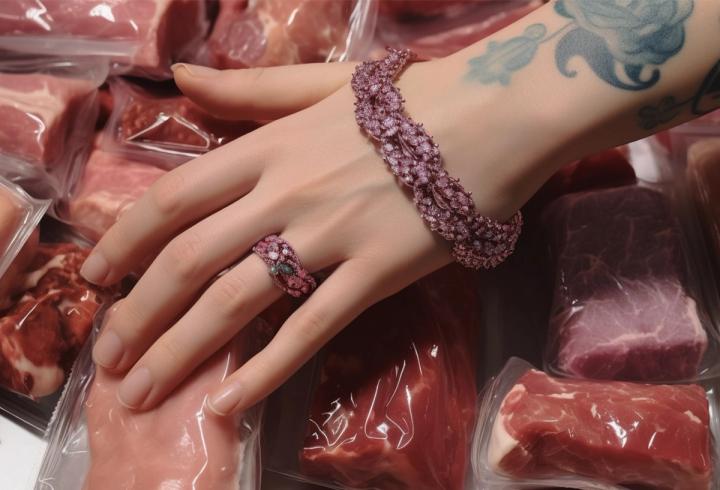
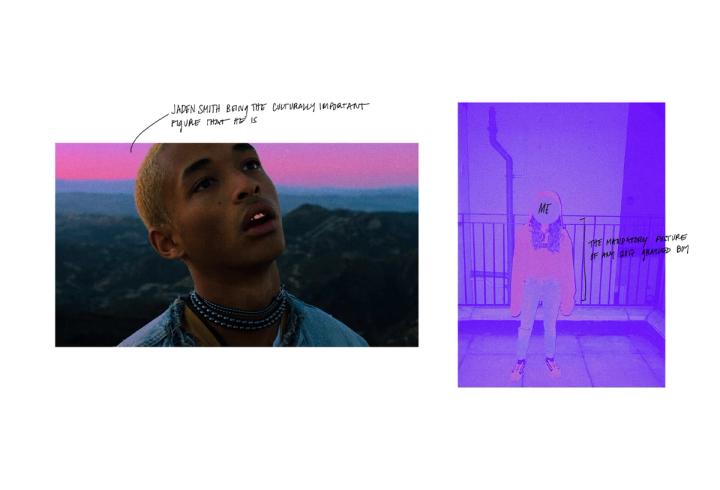
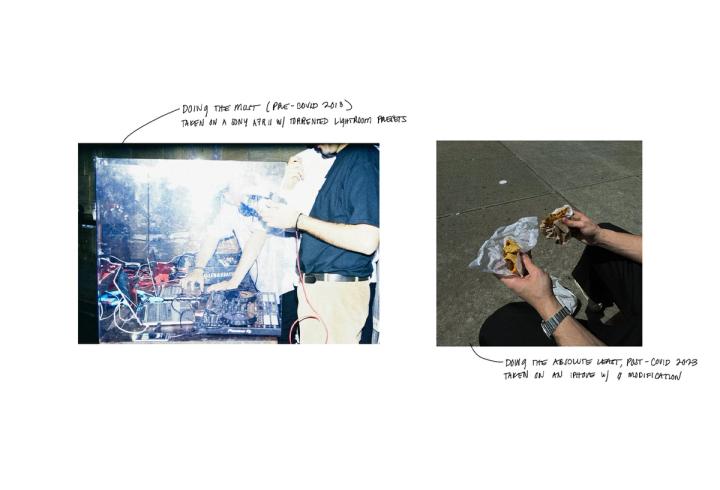
[Editorial]
Note from Digital, Free Range Content
Matte OpEd
Culture
With the rise of the internet times, it’s impossible to not to have some level of suspicion on the content we consume on a daily basis. Where is this content coming from? Are the origins of what I’m looking at organic, or perhaps - more targeted? In ‘Free Range Content’, MATTE Digital's reiH unpacks the nuances of culture as an ever-evolving content machine.
Text
REI
Date
9/8/2023
Where is my content coming from?
Raised in the Midwest, I never thought about where chicken nuggets came from, or whether or not the hen that laid my scrambled eggs was able to roam free. I blink, and suddenly find myself unintentionally scoffing at the idea of eating corporate, unethical, mass-produced food. There’s no Tyson-brand anything in my freezer, the eggs I eat are brown and speckled, and I’m starting to think more about where the food I’m consuming is coming from. Much in the same way, I’ve noticed a growing interest towards free-range content. Where is the content I’m consuming coming from? Is it a result of corporate hegemony, or does it feel grass-fed, home-grown, and real? High-produced content appears to be trying too hard, and I am attune to any sort of modification to digital content and question the intentionality behind it.
The omnipotence of social media platforms and the rise of the creator economy has 1. provided an inexpensive means of disseminating content and 2. eliminated the barriers of technical skills to create said content (Trzaskowski 2018,82). Previously, traditional media formats like cable television or print editorial warranted a scarcity of publicity (the “limelight”) and real estate ("screen time") which it occupied.
The mid 2010’s disrupted the technical and cultural exclusivity around content production in a few ways. From 2011-2019, mobile internet saw a 504% increase in daily media consumption. Private individuals are able to establish themselves as digital 'celebrities' with a following, and Jaden Smith reminds us that anyone can be an icon. Lightroom and VSCO preset packs are suddenly available to Joe from down the street, and scrappy content looked “real"—like it was made by professionals. The rise of streetwear redefines luxury, and culture is introduced to the idea that humble objects can be magically appropriated (Hebridge 1979,18). “Hype” digital content is no longer being spoon-fed to us, we are making it. Aesthetically, the dichotomy between /us and /them is narrower than ever.
Enter the late 2010’s, early 2020’s. In culture, discussions around inequality, an emergent #METOO movement, corporate scrutiny, and a global pandemic affect the way we understand our world and publicly communicate with it. This paradigm shift in culture moves through our digital content (The Rise of the Getting Real Post on IG), bolstered by the growing popularity of apps like TikTok. This shift introduced intimacy into our content creation and thus the public domain in an entirely new way. The scrutiny of structural relationships in society is suddenly being translated into the way we understand and consume digital content: where is my content coming from? Authentic and trustworthy content is no longer just high-gloss and expensive but makes way for a new aesthetic category: no filter.
Emerging imaging technologies like Midjourney show us that our digital content is certainly not getting any less "synthetic". However, the complicated and fascinating predicament is how to create advertising content, which is in its inception exclusive and elusive, for a digital-native world that values “transparency”? How is hype defined? Will advertising maintain its own unique aesthetic, or camouflage itself into other content categories—is content more honest, or deceitful than ever?
Recent Articles

